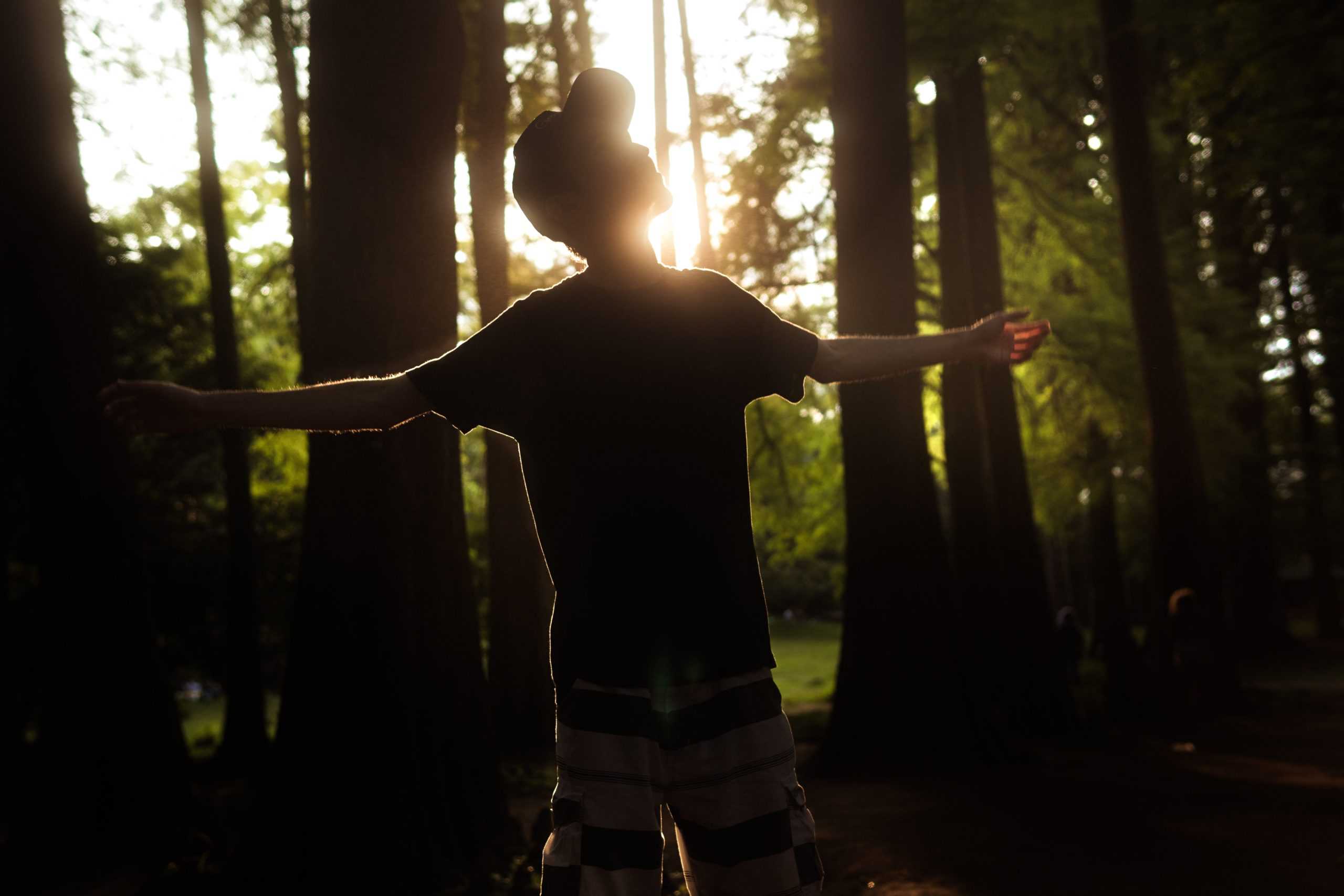The days are steadily growing shorter. The temperature is dropping, and people are starting to don hats and heavier coats. Every year around Thanksgiving, I like to pray with the question, “What am I grateful for?” I think it’s a good question for everyone to pray with.
Years ago, I ran across a little exercise that I have shared with students in class and small groups around this time. I’d like to encourage you to do the same thing. Take out a sheet of paper, and start listing everything you’re grateful for. Don’t just stop at one or two things. Keep on going until you absolutely run out of ideas. It doesn’t matter how insignificant things may seem, if you’re grateful for it, then put it on the list.
When I do this exercise, a few things immediately come to mind. I think of family members and close friends who have made an impact on my life. I think of my accomplishments as well as the accomplishments of people I love. I think of the beauty of nature. I think of my faith, my health, and the list just keeps growing.
But what’s surprising is when something difficult ends up on my list.
It’s strange to think of being grateful for difficult moments and experiences. Some of them are a little easier to understand than others. One example is how, as a marathon runner, I am grateful for all the training runs (and their occasional monotony), even on those days I don’t want to get up or go running. Anyone who has learned a language or instrument knows how we spend countless hours practicing in the hope of mastery. And so we can look back on those moments of preparation toward the goal, no matter how discomforting or monotonous, with gratitude.
And we also can find gratitude in the harder moments of loss and rejection. I think of times when I lost a loved one, like when my grandfather passed away during seventh grade. It was the first major death in the family that I experienced and remember. He had lived a full life, being married for 60 years, raising eight children, and reaching 94-years-old. That didn’t mean his death wasn’t hard for all of us. And yet I am grateful for the ways I received support from family members looking after me and helping me through the grieving process. We were able to laugh at memories of him and how he impacted us. Numerous people came to pay their respects and to help my parents or aunts and uncles through the hard time. And while I did not enjoy losing him,I am grateful for those days, though I wouldn’t have expected to be at the time.
The surest way to find gratitude in these difficult moments is through prayer. That’s how we find “God in all things,” as the Jesuit motto goes. St. Ignatius taught that God is present and active within all people, things, and circumstances. In some instances, that is easy to see. At other times, it can be hard to see (or even imagine) God present in the messiness of our lives. Our task is to trust God’s presence is in the midst of each imperfect moment, and to lean into that reality through prayer, especially using the Ignatian Examen.
When I finally am able to find God at work in the midst of a situation, I can be grateful for some part of it. And this does not mean that I’m grateful for pain or hurt, either that I experienced or have caused. What it does mean is that I’m grateful for the good that has come out of these moments.
And so, whether or not it seems counter-intuitive, I can be grateful for those hard moments as well as the easy and beautiful ones. It is not always straightforward, especially since life and the world can be hard and full of brokenness and pain. And yet, if God is present in all things, then eventually, even if it takes years and a lot of processing, I can be grateful for even the difficult moments.


